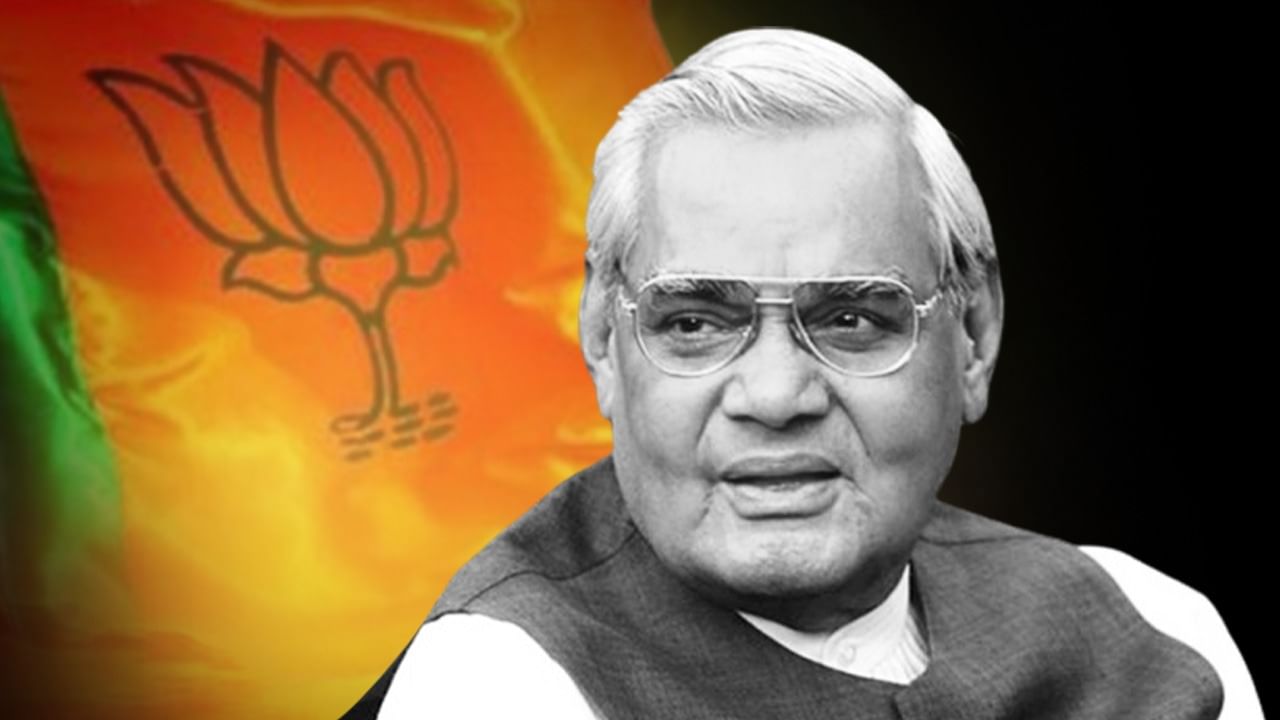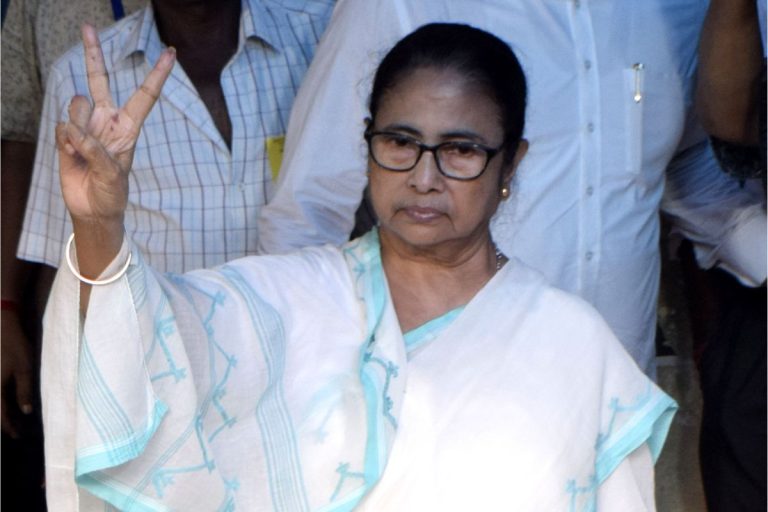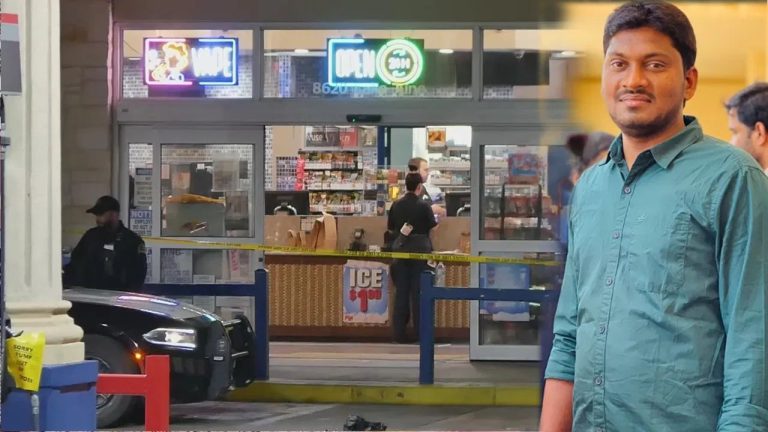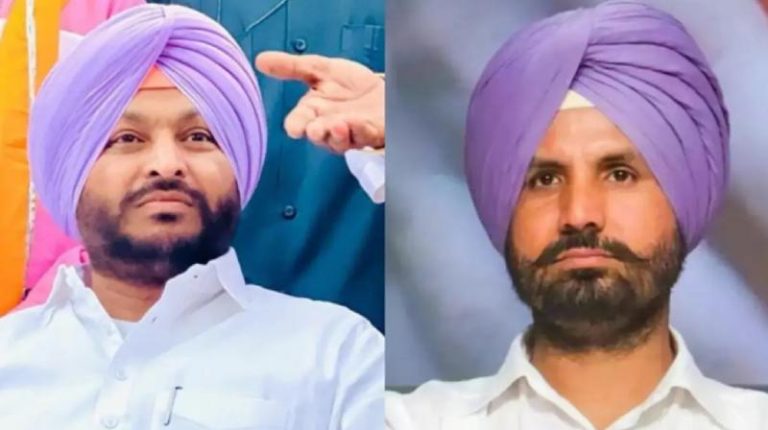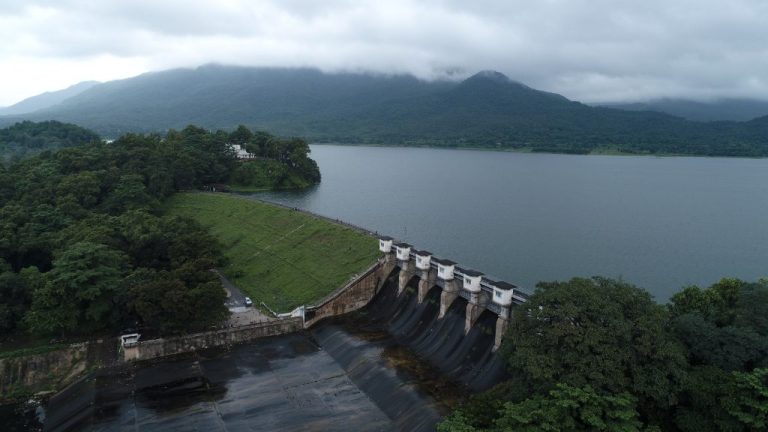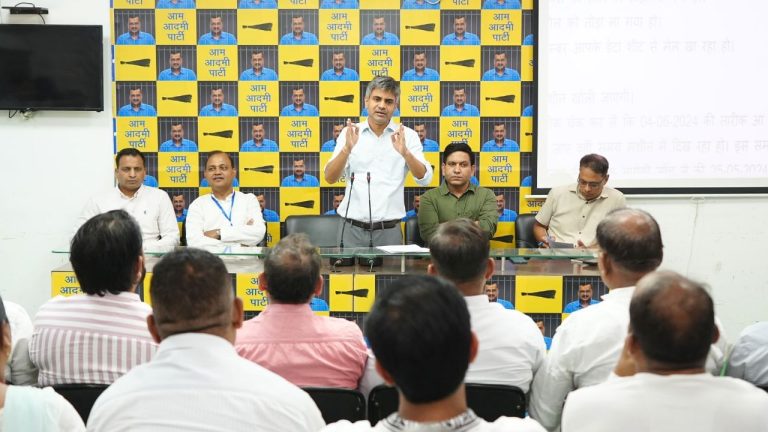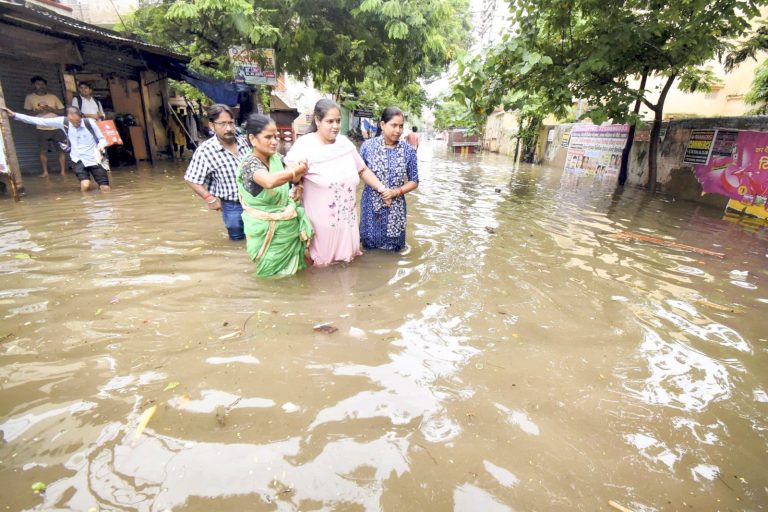Atal Bihari who was the President could not even win an election, how was the first President elected in BJP?
The countdown for the presidency has begun in the country's largest party, the BJP. The BJP is said to announce the president ahead of the Rashtriya Swayamsevak Sangh meeting in Kerala starting on August 31. Founded in 1980, 11 politicians have held the post of President till now. Atal Bihari Vajpayee was the first president of the party. There are many stories that Vajpayee, who was the president of the BJP for 6 years, has resigned as the president of the BJP. In this special story, we will read in detail these stories of Atal Bihari Vajpayee, the first president of BJP… How was the Bharatiya Janata Party founded? Before founding BJP, one should know about Jan Sangh. After independence, democracy was established in India and it was announced that general elections would be held in the country in a democratic manner. Before the 1952 general elections, several parties were formed. One of these parties is the Bharatiya Jana Sangam. Formed in 1951, this party was active in right-wing ideology. The Rashtriya Swayamsevak Sangh, founded in 1925, is said to be the brain behind the founding of this party. In the 1952 Lok Sabha elections, the Jan Sangh won only 3 seats across the country. In the 1957 elections, the number of constituencies increased and the party won 4 Lok Sabha seats. Jan Sangam won 14 seats in 1962, 35 seats in 1967 and 22 seats in 1971. The 1971 Lok Sabha elections became controversial and the matter reached the courts. In 1975, the Allahabad High Court revoked Indira Gandhi's membership. When the High Court gave this judgment against Indira, people across the country took to the streets against inflation and corruption. Jayaprakash Narayanan led the protest. He called this struggle Total Revolution. Seeing political gains, Indira Gandhi imposed an internal crisis across the country. After Indira's decision, opposition leaders started being sent to jail under the MISA Act. Jana Sangh leaders were also sent to jail in this action. When the Emergency ended in 1977, the opposition parties decided to join forces and contest the elections against Indira Gandhi. Janata Party was founded under this campaign. All major and minor opposition parties were included in it. The Congress was defeated in the 1977 Lok Sabha elections and the Janata Party came to power. Morarji Desai assumed the leadership of the government. Atal Bihari Vajpayee got seat in Jan Sangh quota. He was made Foreign Minister. But this government could not last long. In 1980, the Janata Party government was defeated and the Congress made a strong comeback under the leadership of Indira Gandhi. After Indira's return, the issue of dual membership in the Janata Party intensified. Senior leader of the party Madhu Limaye said that people from two organizations cannot be in one party. In fact, the Janata Party had many leaders who were members of the Rashtriya Swayamsevak Sangh. When the issue took shape, the leaders associated with the Sangh decided to form a separate party. The name of this party is – Bharatiya Janata Party. After Sikandar Bakht and Byron Singh were expelled from the Janata Party over the dual membership issue, leaders associated with the Rashtriya Swayamsevak Sangh called a meeting at the Ramlila Maidan in Delhi on 6 April 1980. On 7th April 1980, the English newspaper Hindustan Times published a report in this regard. According to this report, at the beginning of the meeting there was a discussion about the Janata Party and it was announced that the party would be launched under the name Bharatiya Janata Party. Soon after the announcement, former Union Minister Sikandar Bhakt and former Rajasthan Chief Minister Byron Singh Shekhawat proposed Atal Bihari Vajpayee's name for the post of President. Vajpayee was the most senior leader in that meeting. Legislative leaders supported both recommendations. Vajpayee first announced his team after becoming President. Vajpayee appointed Ram Jethmalani and Vijayaraj Scindia as vice-presidents and Lal Krishna Advani Sikandar Bhakt and Murali Manohar Joshi as general secretaries. Suraj Pan and J Krishnamurthy were appointed as Secretaries and Sundar Singh Bhandari as Treasurer. On this occasion, Atal Bihari Vajpayee delivered a historic speech. Why did Vajpayee become the first President of BJP? Atal Bihari Vajpayee was the best and the public was a fan of his speeches. People began to like his fluent speech and cheeky demeanor. He was also the president of the Jana Sangh. When the Bharatiya Janata Party was founded, there was a nationwide search for a leader who would accept the BJP. He has also done significant work as the External Affairs Minister. In 1980, the Sangh was looking for an uncontroversial leader to take the BJP forward. Vajpayee fits both these categories. Besides, Vajpayee's disciples also belonged to the opposition party at that time. Even the opposition praised his Anthodaya and development roadmap. Vajpayee, who started his political career with the Rashtriya Swayamsevak Sangh, was appointed the secretary of the Jana Sangh in 1951. When the Lok Sabha elections were announced in 1957, Vajpayee contested from Mathura and Balrampur constituencies. While Vajpayee faced defeat in Mathura constituency, he won in Balrampur constituency. An outspoken Vajpayee became popular in his first term. However, in 1962, Vajpayee lost the Balrampur constituency to Subatra Joshi of the Congress. In 1967, when Atal Bihari again won the Balrampur constituency, the following year, i.e. 1968, he was appointed as the president of the Jana Sangh. Under his leadership, the party contested the 1971 elections and won 14 Lok Sabha seats. After the Emergency ended, Vajpayee took charge of the election campaign. His speeches were heard by many. Former Union Minister Arun Jaitley writes in his memoirs – After the end of the Emergency, on February 6, 1977, we sought permission to hold a rally at Delhi's Ramlila Maidan. Atal Bihari Vajpayee and Morarji Desai were to address the rally. On hearing the news of the rally, the government officials decided to telecast the then popular movie Bobby on Doordarshan. According to Jaitley, this strategy of the government did not work and people gathered at Ramlila Maidan to hear Atal ji's speech. A feat in Atal's name when he was President, Atal Bihari is the only BJP leader who did not win a single election after 6 years as President. Atal Bihari Vajpayee was the president of Bharatiya Janata Party till 1986. During this period, the party contested from UP to Rajasthan and from Gujarat to Bengal, but the party did not win anywhere. During the Atal regime, elections were held at least once in every state, and the BJP could not register a victory anywhere in these elections. The BJP suffered a crushing defeat in the 1984 Lok Sabha elections as well. In this election, the party won one seat in Gujarat and one seat in Andhra Pradesh. Atal Bihari Vajpayee could not win the election. Even after 1984, Atal Ji was the party leader for 2 years but even during this period the party could not form government in any state. He put this condition on becoming President: When the BJP was formed in 1980, before becoming President, Atal Bihari put only one condition before the party leaders. The condition is that lawyer-turned-politician Subramanian Swamy should not be inducted into the party. Swamy's wife and writer Roksana Swamy writes in an article – Soon after the formation of the BJP, Atal Ji sent MP Yakyadut Sharma as an ambassador to us. Sharma had said that now there is no place for you in BJP and if you want to stay in the party, you have to go into exile. Roxana also writes – Like Swami, Nanaji Deshmukh and Dattopand Tengadi were similarly exiled. Deshmukh was the president of the Jana Sangh and Dattopat was the president of the Bharatiya Mastur Sangh, which was associated with the Tengadi Sangh. Prime Minister predicted at conference: After becoming President, in December 1980, Atal Bihari Vajpayee convened a meeting of the National Conference at Mumbai's Shivaji Park. BJP workers from all over the country participated in this meeting. Atal Bihari's speech here is going viral even today. Vajpayee said during his speech – The sun will rise and the lotus will bloom. Atal Bihari's speech centered on Anthodya, with the help of which Vajpayee tried to take the party among the poor. MC Chakla, who was close to Nehru, was the chief guest in this working group of BJP. Chakla predicted that Atal Bihari would become the Prime Minister in this session. 16 years after this prediction, Atal Bihari became the prime minister of the country. Former Uttar Pradesh Governor Ram Naik made fun of winning 2 seats in 1984, says in his memoirs – When the BJP won only 2 seats in the Lok Sabha in 1984, members of the ruling party made fun of Vajpayee. They asked how he will win 272 seats from 2 seats. This defeat of the BJP has created an uproar within the party. Due to failure, a laborer named Lakshminarayana committed suicide in Shivamogga, Karnataka. When Vajpayee heard this news, he came to Sivamokka. DH Shankarmurthy, former president of the Karnataka Legislative Council, writes while sharing his memoirs – When I came to know about this, I told Atalji. He came to Sivamokka and met the members of Lakshminarayan's family. Shankarmurthy said Vajpayee sent a check of Rs 25,000 to Lakshminarayanan's family when he visited Delhi. This check was sent for the education of Lakshminarayan's brother and sister. Babri Lock Opened Here In 1986, the Rajiv Gandhi government of the Congress opened the lock of the Babri Masjid located in Ayodhya's Ram Temple complex on a lower court order. There are many political claims to this unlocking. After striking a deal with the Rashtriya Swayamsevak Sangh, Rajiv reportedly ordered the lock to be opened. Whatever the political overtones of the lockout, the incident created a stir within the BJP. In February 1986, the BJP handed over the presidential chair from Atal Bihari to Lal Krishna Advani. A few days after stepping down as President, a bad news came about him, veteran journalist Neerja Chowdhury said Vajpayee's health had suddenly taken a turn for the worse. He was suffering from cancer. Neerja said that when the then Prime Minister Rajiv Gandhi got information about this, he sent Atal to America for treatment in 1987-88. After returning from America for treatment, Atal ji again entered politics seriously in 1989.
